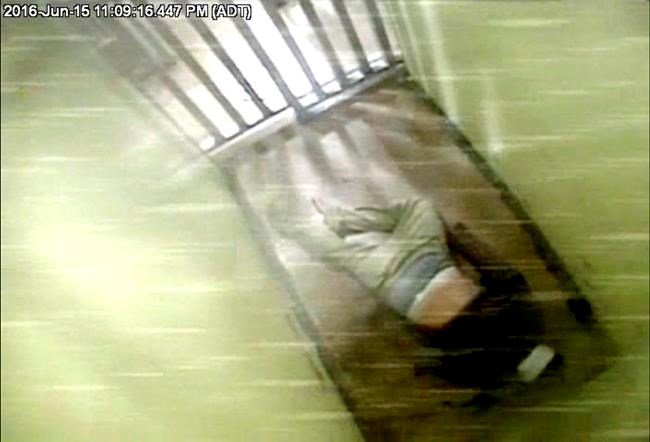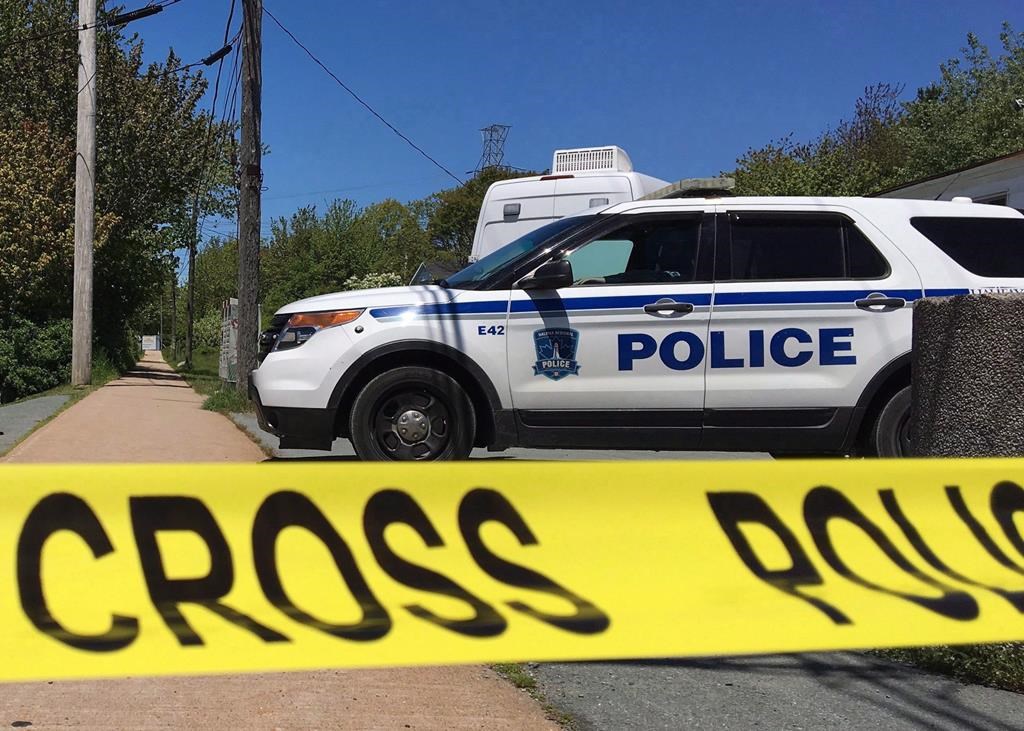A ‘sobering centre’ in Halifax could prevent alcohol-related deaths
Posted Jan 26, 2020 07:09:17 PM.
At a meeting of HRM's Board of Police Commissioners on January 20, the board heard about a proposed idea for eliminating the “drunk tank” in favour of new “sobering centres.”
A presentation from Harry Critchley, Vice Chair of the East Coast Prison Justice Society, suggested research into a sobering centre, rather than increasing staffing at the current prisoner care facility where those arrested for public intoxication are held.
“Sobering centres have been proven to work effectively in a number of jurisdictions across the country and they are widely supported by a number of Canadian police forces,” says a letter from Critchley to the Board in advance of the meeting.
The relevance of the proposal was also tied to the death of Corey Rogers, a Halifax-area man who after choking on his own vomit while being held at a prisoner care facility in June 2016.
Halifax's Deputy Mayor Lisa Blackburn, who also sits on the Board, tells NEWS 95.7's The Todd Veinotte Show that the concept of sobering centres appeals to her.
“It provides an interesting spin on how we've been looking at alcohol abuse,” she says. “Basically it gives a safe space for people to go and sober up that's not a hospital emergency room and it's not a police jail cell.”
 Corey Rogers, 41, lies in a police lockup cell at about 11 p.m. on June 15, 2016, where he later died, in this still image taken from surveillance video provided by Nova Scotia Courts. THE CANADIAN PRESS/Province of Nova Scotia Courts
Corey Rogers, 41, lies in a police lockup cell at about 11 p.m. on June 15, 2016, where he later died, in this still image taken from surveillance video provided by Nova Scotia Courts. THE CANADIAN PRESS/Province of Nova Scotia CourtsBlackburn says that Critchley will continue to discuss his proposal with the Board of Police Commissioners, and that she thinks it should be explored.
“Ultimately it could prove to be a safer place for these people to dry out,” she adds.
The Deputy Mayor notes that the sobering centres wouldn't be for disorderly conduct and those who end up in the drunk tank after a night of partying.
“We're not talking about a group of guys that go downtown on a Saturday night and one of them gets completely blotto and ends up much more intoxicated than they thought and getting into a fight and maybe in the drunk tank,” she explains.
Although those cases wouldn't be turned away, Blackburn says the facility would be mainly intended more for chronic alcohol users who need a safe place to sober up.
“Instead of looking at people with chronic alcohol abuse problems as criminals we're looking at them as patients or as people who have mental health issues or physical issues as well,” she says.
The concept of sobering centres already exists in many Canadian cities like Victoria, B.C. and Yellowknife, NWT, but Blackburn says Halifax could create a unique facility that works for them.
“None of them are the same, so it does allow for Halifax has the potential to really build our own and make it our own for our own needs,” Blackburn explains.
Blackburn compared the idea of sobering centres to the concept of safe injection sites for drug consumption.
“It's some place that is monitored so if you get sick in the middle of the night then there's somebody there to help you to make sure you don't choke or anything like that,” she explains.
The District 14 Councillor also hopes a sobering centre would include other resources to help people get back on their feet.
“This could be something to help tackle the homelessness issue that sometimes comes with chronic alcohol use,” she says. “Because when they're in these sobering centres it gives them not only a safe place for consumption but connection to other services as well that can improve their health and their housing outcomes.”










